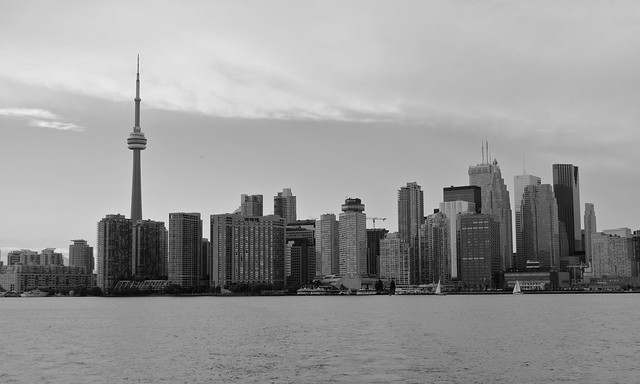Spacing Saturday highlights posts from across Spacing’s blog network in Toronto, Montreal, Ottawa, and the Atlantic region.


![]()
Evan Thornton talks about the #iwantamayorwho twitter forum that has become an interesting discussion of the mayoral election. Thornton notes how both voters and candidates have approached the new medium.
Kathryn Hunt reflects on the question of how to convince people that anyone can cycle and on how to address the stereotypes that only young men in spandex are active cyclists.
![]()
From the archives, Alanah Heffez showcases an incredible 1897 bicycle map of Montreal. Covering the entire island and surrounding region, the map is a fascinating look not only into cycling in the 19th century but also how 20th century planning altered the city.
Alanah Heffez profiles a fascinating alleyway art installation featuring turn of the century photographs displayed in the places from which they were taken. The somewhat neglected alleyway setting provides for a unique link to the past as it has avoided renovations that have altered the street front.

![]()
Two posts touched on the need for a new approach to planning in the city this week. Dale Duncan talks about the need for voters to ask candidates how they will engage citizens in the planning process. John Lorinc talks about a recent proposal by Paul Bedford to implement New York style community boards.
Nadia Halim recounts the adventure of a recent Thursday night psychogeographic walk in Toronto. The tale comes complete with quick sand, celeb sightings, and of course: lesbian Wiccan poetry readings.
![]()
Veronica Simmonds reports on citizens taking bike infrastructure into their own hands by painting their own sharrows on the streets of Halifax, following the guidelines of the Urban Repair Squad movement.
Emma Feltes profiles the ‘City Mail’ project in Halifax, a creative new initiative that aims to challenge the way participants think about landmarks and the flows of people through the community.
Photo by Sean Feagan
